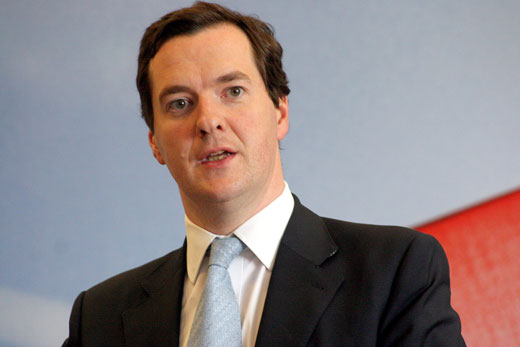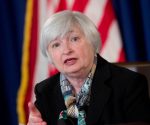UK Economic Growth Rises Whilst Current Account Deficit Hits Record High

George Osborne said the UK should not be considering leaving the EU as the numbers expose the danger of economic uncertainty.
According to statistics released by the Office for National Statistics (ONS), Britain’s current account deficit increased to a record high during the last quarter of 2015.
The figures which were released state that the deficit in the three months to December was £32.7 billion, roughly 7 percent of GDP. For the whole of 2015, it totalled to £96.2bn which amounts to 5.2% of GDP. These two figures are the highest since records were first started in 1948.
During the fourth quarter the UK economy grew by 0.6 percent, ahead of previous estimates of 0.5%. Consequently, the UK economy saw growth of 2.3 percent during the full year, better than the 2.2 percent which was previously forecast by the ONS.
The ONS identified the revision in GDP as being caused by an improved performance in the services sector and less of a contraction in industrial production than expected. The growth numbers surprised analysts, who had forecast the numbers would remain the same.
The current account deficit indicates that Britain imported significantly more goods and services than it exported.
The Bank of England’s Financial Policy Committee said earlier this week that uncertainty surrounding the UK’s membership of the European Union placed pressure on financial stability and also could affect the deficit.
Chancellor George Osborne in response to the rise in the current account deficit said the UK should not be considering leaving the European Union.
Osborne said:
“Today’s figures expose the real danger of economic uncertainty and show that now is precisely not the time to put our economic security at risk by leaving the EU.”
The ONS identified the cause of the increasing deficit as being due to the UK’s direct investments abroad falling, whilst payments to foreign investors were in the UK had rose.





